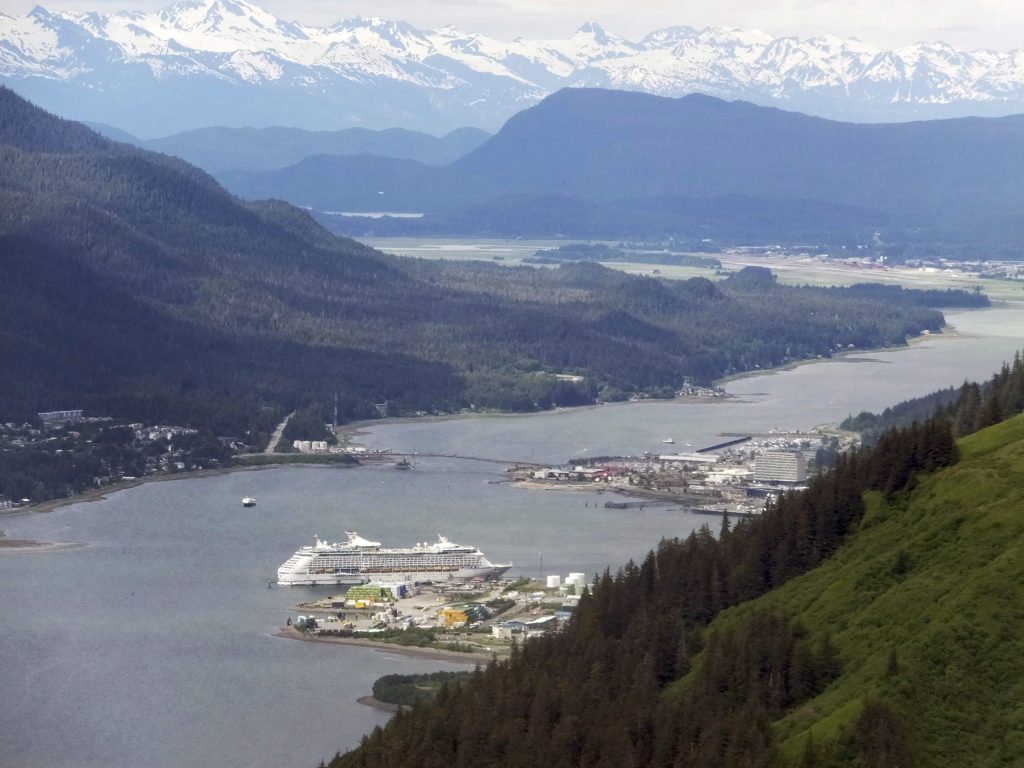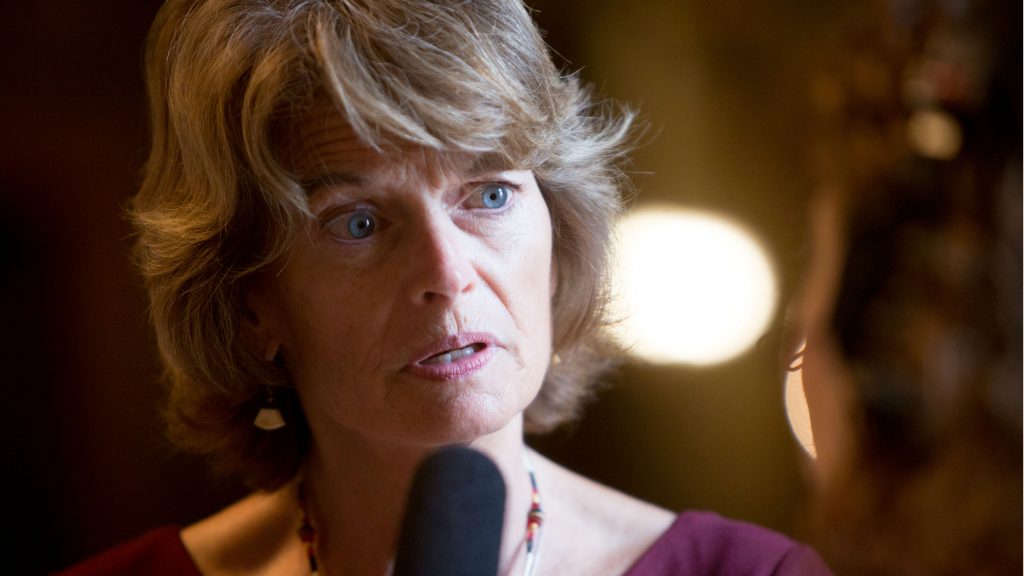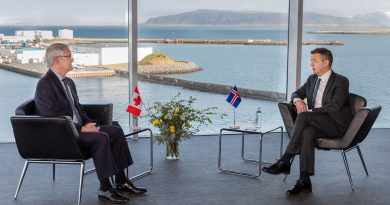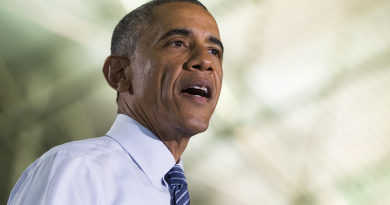Alaska politicians send Trudeau letter saying they’re “shocked” over Canada’s cruise ship ban

Three Alaska politicians sent a letter to Canadian Prime Minister Justin Trudeau saying they were dismayed at Canada’s continued cruise ship ban announced earlier this month.
“We were shocked by the decision announced by your government [February 4] to extend the ban on cruise ships carrying over 100 passengers until February 28, 2022,” said a copy of the letter posted online February 13 from the Alaska Congressional Delegation made up of Alaska Senators Lisa Murkowski and Dan Sullivan, and Alaska Congressman Don Young.
“We are particularly concerned that this decision was made without any forewarning to or consultation with Alaska, your neighbor and partner.”
Ban needed to prevent health system overwhelm says minister
Cruises have become an increasing feature of the tourism industry in northern Canada in recent years. Many ships stop in the small mostly Indigenous communities along the Northwest Passage. In Canada’s eastern Arctic territory of Nunavut alone, 4,219 cruise passengers visited the region in 2019 season.
The fly-in communities average only a few hundred people and have limited health infrastructure. Strict travel measures were put in place in the territories from the beginning of the pandemic. Canada also put a series of cruise ship restrictions in place which included prohibiting cruise ships with over 100 people from operating in Canadian waters.
In Nunavut, the loss of the 2020 cruise season cost the communities around $1-million in lost revenue from things like cancelled community tours, performances, and purchases of things like artwork and handicrafts produced by community members.
The initial cruise ship ban was slated to be in place until February 28, 2021 but was prolonged by Canada’s Minister of Transport Omar Alghabra earlier this month as COVID-19 continues to circulate world wide.
“As Canadians continue to do their part to reduce the spread of COVID-19, our government continues to work hard to ensure Canada’s transportation system remains safe,” Alghabra said in a news release. “Temporary prohibitions to cruise vessels and pleasure craft are essential to continue to protect the most vulnerable among our communities and avoid overwhelming our health care systems. This is the right and responsible thing to do.”
Update: We’re continuing restrictions on cruise ships and pleasure crafts to keep you safe as we fight COVID-19. Cruise ships are banned from Canadian waters, and pleasure crafts are banned from Canadian Arctic waters, until February 28th, 2022. More here: https://t.co/QHgVNTAgBm
— Justin Trudeau (@JustinTrudeau) February 5, 2021
Alaska politicians say decision hurts their economy
The Alaska Congressional delegation says Canada’s decision will have a severe impact on the state’s economy and that Canada and the U.S. should work together to find a way to get the northern cruise industry started again.
“Losing access to Canadian ports creates significant disruptions to the cruising season in Alaska, and will have a significant economic impact on our state, which is already suffering from the recession caused by this pandemic,” the delegation said.
“The loss of revenue from tourism for another year will cause extensive economic damage and put at risk the more than 20,000 jobs across Alaska that are reliant on spending from cruise ship passengers. While we agree that safety must be a priority as we make decisions, we are disappointed by the decision to extend the cruise ship ban for at least another a year without working with us.”

In the letter, the delegation said they’ve begun “constructive” discussions with Minister Alghabra and that they believe there are ways to get the cruise season started within one year including technical stops or implementing strict health protocols.
“As long as this pandemic persists, Alaska and Canada should strive to maintain an open dialogue, cooperation, and consideration of the imperatives and unique challenges faced by sharing a northern border,” the delegation said.
“Alaska and Canada can get through this pandemic, the economic hardship, and the turmoil if we work together, as mutual partners with a vested interest in a safe return to robust and shared economies.”
Write to Eilís Quinn at eilis.quinn(at)cbc.ca
Related stories from around the North:
Canada: Arctic Tourism & the Pandemic podcast, Eye on the Arctic
Finland: How not to promote Arctic tourism, Eye on the Arctic
Iceland: Iceland’s ‘COVID-19 passport’ offers preview of debate over post-vaccine travel, CBC News
Norway: Norwegian Arctic wilderness tourism hit particularly hard by coronavirus, The Independent Barents Observer
Russia: All Russia’s North Pole cruises rescheduled to 2021, The Independent Barents Observer
Sweden: Summer tourism recovery is slow going in Sweden, Yle News
United States: Airline shutdown creates new challenges for rural Alaska, The Associated Press




Such arrogance and entitlement from the senators ,particularly given their nation’s treatment of Canada lately